Ethical cut and sew service
At our cutting and sewing workshop, we take pride in our sustainable and transparent supply chain. We believe in collaborating with like-minded brands and designers who are committed to integrating ethical practices and eco-friendly approaches into their operations. Here's an overview of our manufacturing process:
-
Material sourcing: We work closely with our clients to identify the desired fabric and any additional materials needed for the project. All materials are ethically sourced, and we can provide recommendations based on our network of trusted suppliers.
-
Pattern making: Our team creates a custom pattern based on the client's design specifications. We draft the pattern, cut and assemble a sample garment to ensure the pattern fits perfectly.
-
Cutting: Once the fabric is received, we lay out the pattern on the material and carefully cut out the individual pieces of the garment.
-
Sewing: Our experienced seamstresses sew the individual garment pieces together using industrial-grade machines, paying close attention to detail to ensure a high-quality finish.
-
Fitting and adjustments: We offer fitting and adjustment services to ensure that the final product fits properly and meets the client's expectations.
-
Quality control: Before shipping the finished product, we conduct a thorough quality control check to ensure that it meets our high standards.
-
Shipping: Once the final product has been approved, we carefully package and ship the finished product to the client.
We provide a comprehensive suite of services that cover the entire manufacturing process, from textile creation to garment production. We customize our services to align with your requirements, whether you prefer to work with us on a few specific steps or a full-fledged journey from fabric to finished garment.
If you're a brand or designer seeking to create eco-friendly and ethical fashion, we would love to collaborate with you. Please reach out to us at partnerships@worldofcrow.com and tell us about your project, and we'll arrange a consultation to discuss how we can work together.

